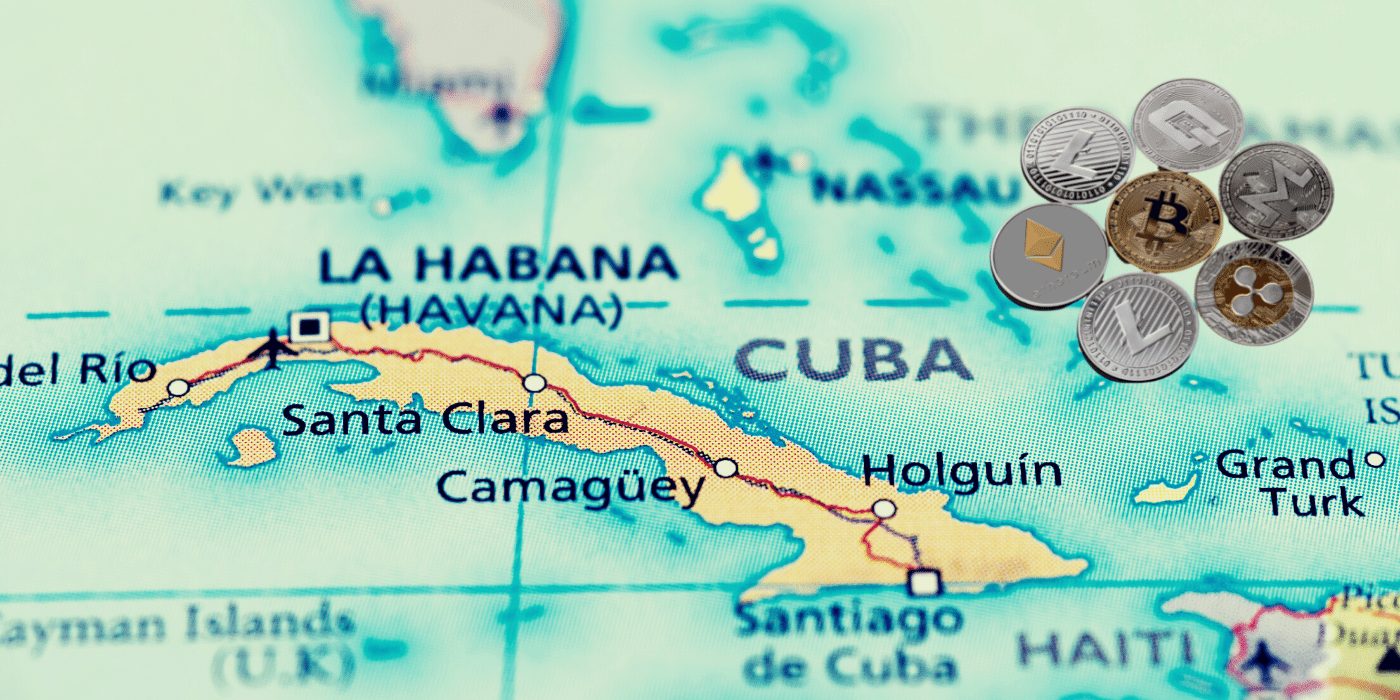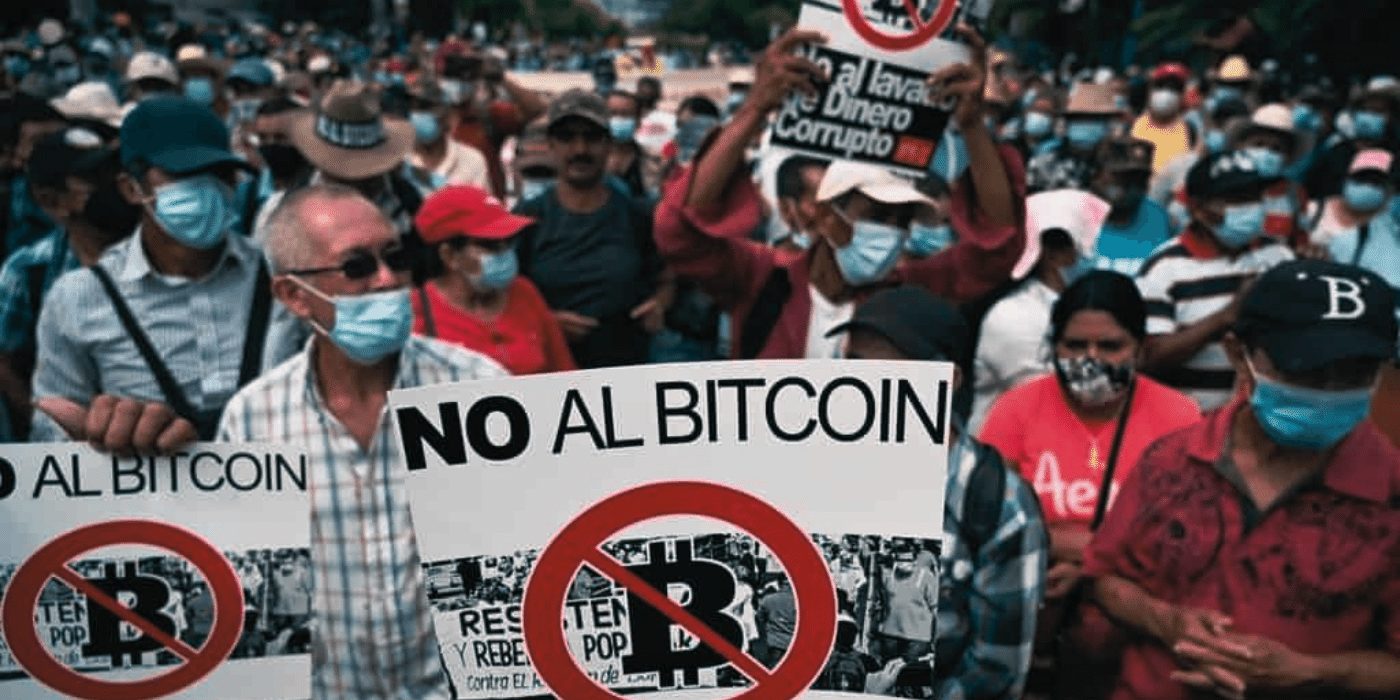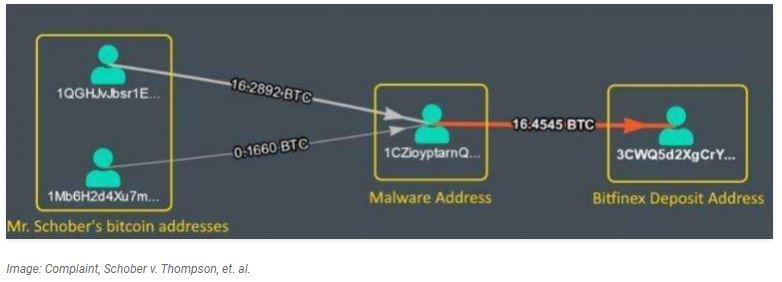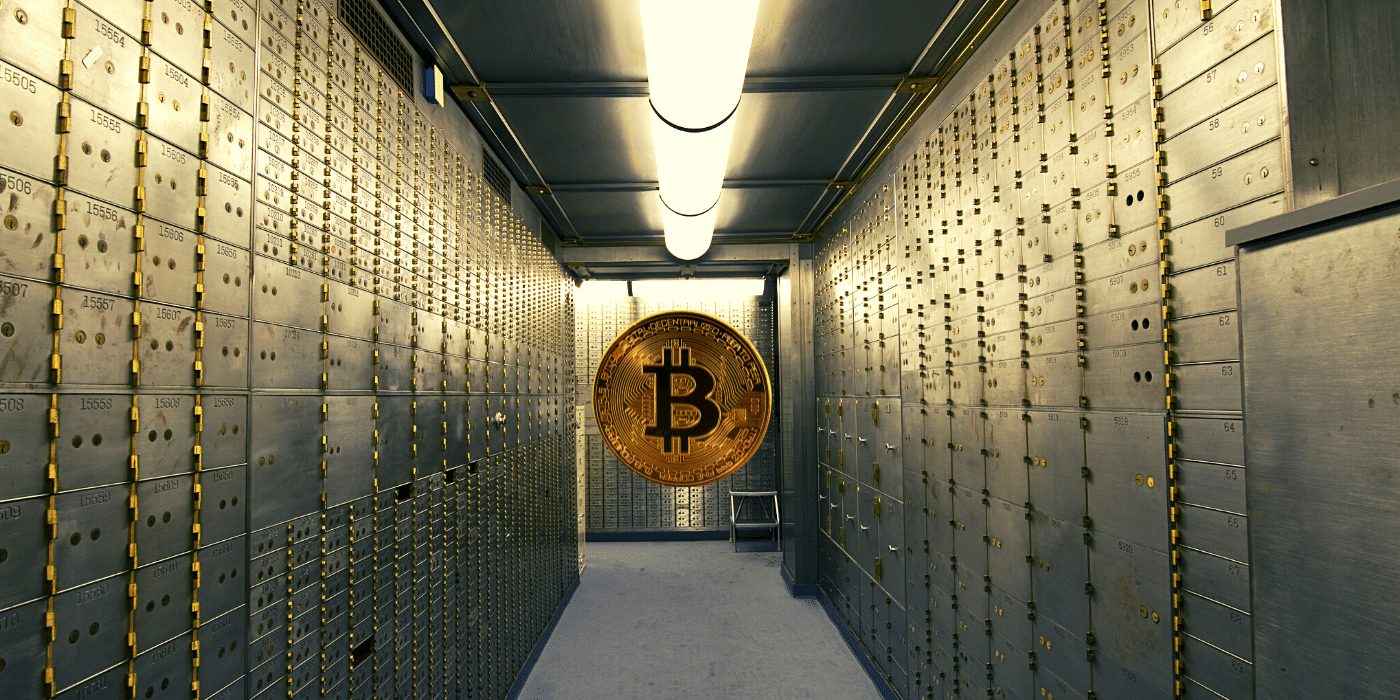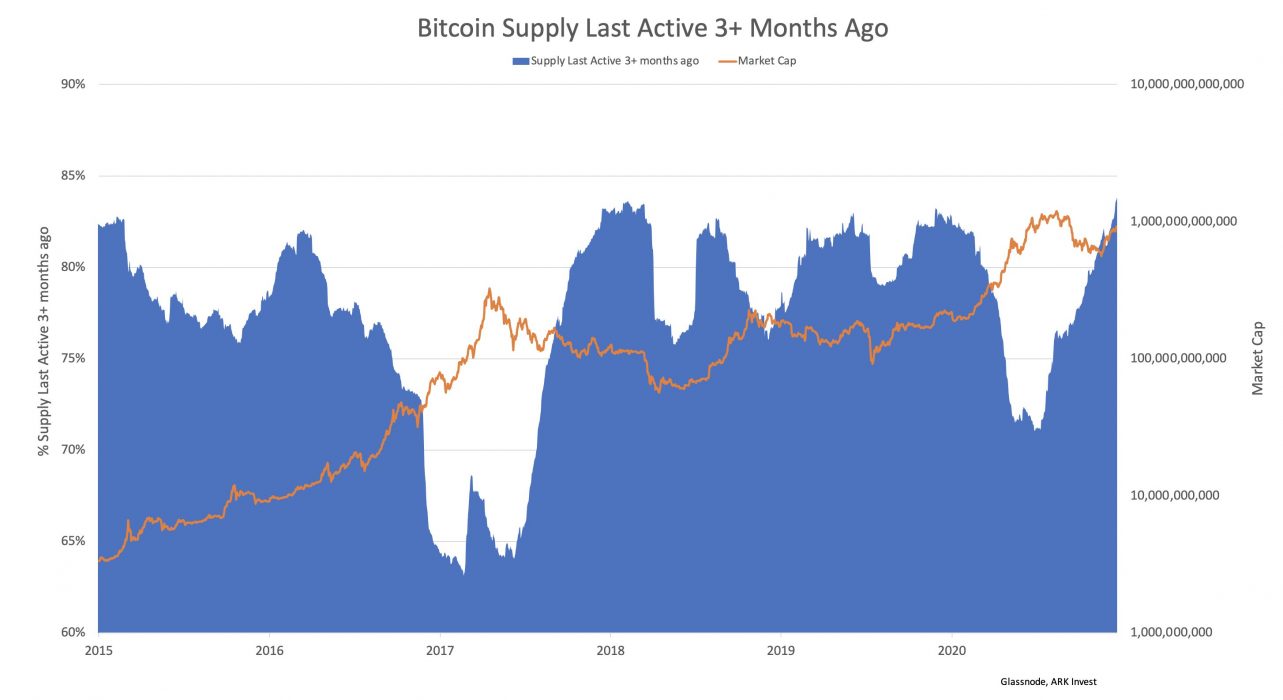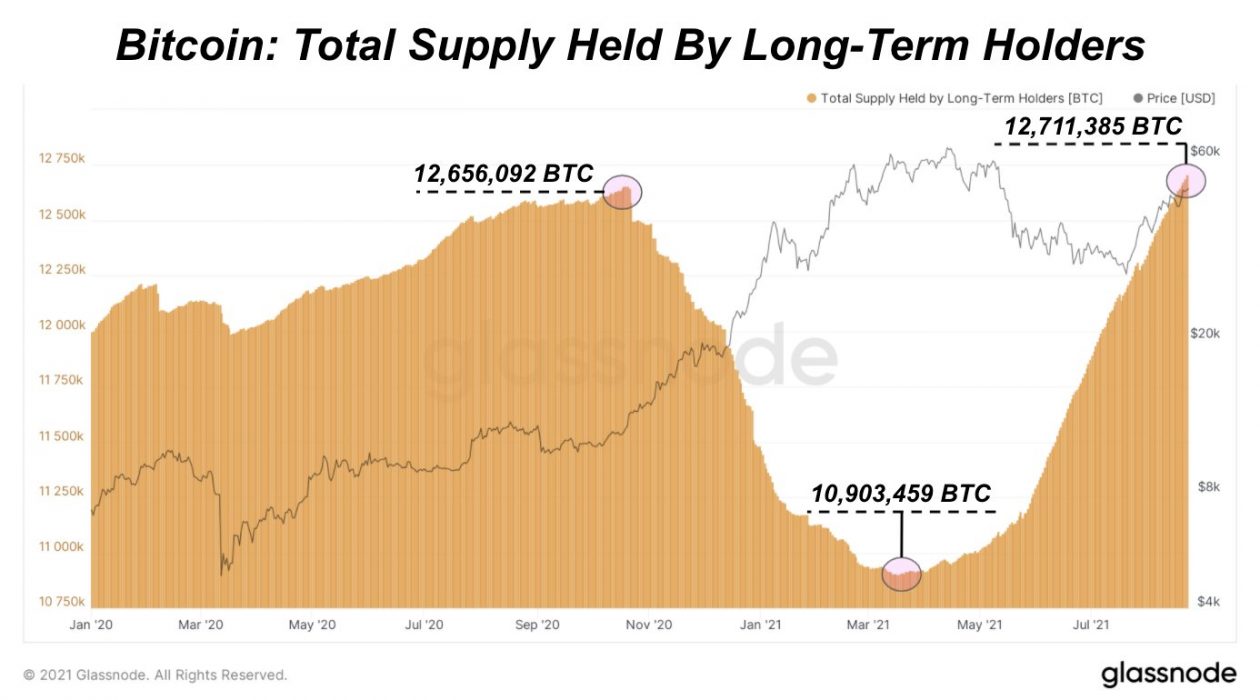“Bitcoin, not crypto” is the Bitcoiner maxim. Following hearings before the Senate Committee on Australia as a Technology and Financial Centre, Australian Bitcoiners have just launched the country’s first bitcoin-only industry body.

Australian Bitcoin Industry Body Formed in the Wake of Senate Hearings
As Australian regulators seek to make sense of the burgeoning digital asset ecosystem, numerous participants within the sector have made submissions to the Fintech Senate Committee in anticipation of the final report due to be released in October. While some participants have focused their efforts on calling for greater regulatory clarity, Bitcoiners have always been weary of being lumped together with altcoins.
This was clearly reflected in an impassioned presentation before the Senate Committee by Ethan Timor, the co-founder of Aussie-based bitcoin only exchange Bitaroo.

Bitcoin not crypto. Bitcoin not blockchain. The fiat currency system is broken. It is an experiment that began only 50 years ago and it’s led to more booms and busts, more wealth inequality and more devaluation of currencies. The Aussie dollar for example has lost 90 percent of its value since then.
Ethan Timor, Bitaroo co-founder
When speaking in relation to other crypto assets, Timor noted that:
… most of them are useless, some of them are different shades of scams, others are securities. Greed, not ideals, led to the creation of most. There is only one true altcoin and that is bitcoin. Bitcoin is the altcoin to the fiatcoin.
Ethan Timor, Bitaroo co-founder
Rather than trying to regulate exchanges, Timor argued that users should instead be educated to store their own bitcoin on their own wallet – “not your keys, not your coins”. He called upon regulators and lawmakers to study Bitcoin and “see all that it has to offer”. This, he argued, “will surely lead to classifying it differently than all other cryptocurrencies”.
Recognising that government was largely only interacting with crypto advocates and not with Bitcoin only advocates, he continued:
Get Involved
The initial board members for the industry body were announced via Twitter and included some familiar names within the community:
Membership applications open soon and in the interim, you can follow the group on Twitter.


